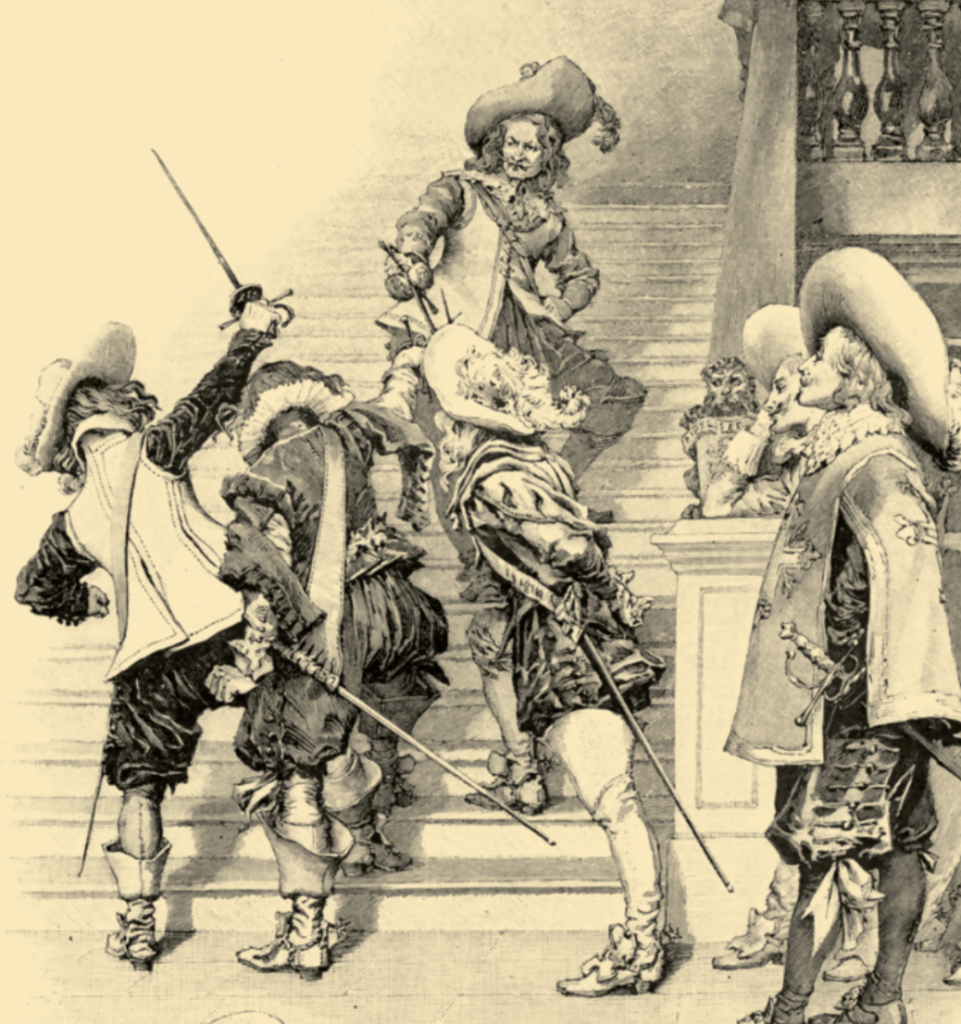From its publication in 1700, just 27 years after d’Artagnan’s death at Maastricht, criticism quickly emerged regarding the questionable authenticity of Courtilz de Sandras’ work. These critiques came both from anonymous sources and former comrades-in-arms of d’Artagnan:
“What audacity to present as the Memoirs of Monsieur d’Artagnan three volumes not containing a single line actually written by Monsieur d’Artagnan.” — anonymous note sent from Rotterdam to d’Argenson, lieutenant of police, 12 September 1701.
“This impostor who wrote memoirs under d’Artagnan’s name, despite never having known him, has him saying and doing nothing but foolish things (along with his Athos and Porthos)—[text crossed out but still visible in the original]—such as sending him to England, where he never set foot, and making him cook for the mistress of the president of Bordeaux who, he claims, had him arrested, gagged, sent across the sea and imprisoned in the Bastille. Such a book should never have been printed; the author should have been sought and punished as an example.”
“Those who expect to find the true story of Monsieur d’Artagnan in a book titled The Memoirs of d’Artagnan would be greatly mistaken. The author of these memoirs never knew him and deserves exemplary punishment for attributing to a man of such importance the many romantic adventures he has chosen to invent, most of which would be unworthy even of the most ordinary people: enough to discredit this liar.”
— Count Quarré d’Aligny, former Musketeer officer and close associate of d’Artagnan, in his own memoirs.





 dernier accès à la billetterie 1 heure avant la fermeture (afin de vous laisser un temps de visite confortable).
dernier accès à la billetterie 1 heure avant la fermeture (afin de vous laisser un temps de visite confortable).